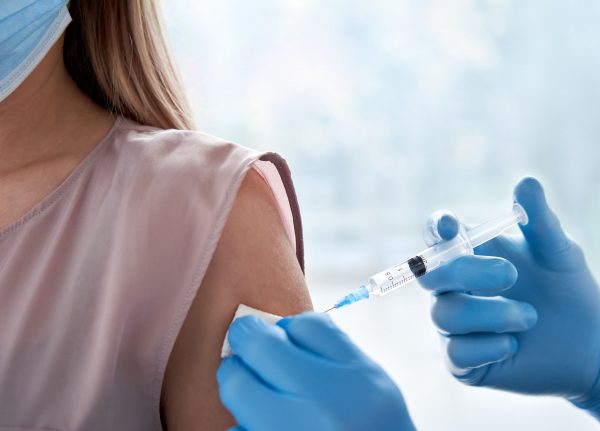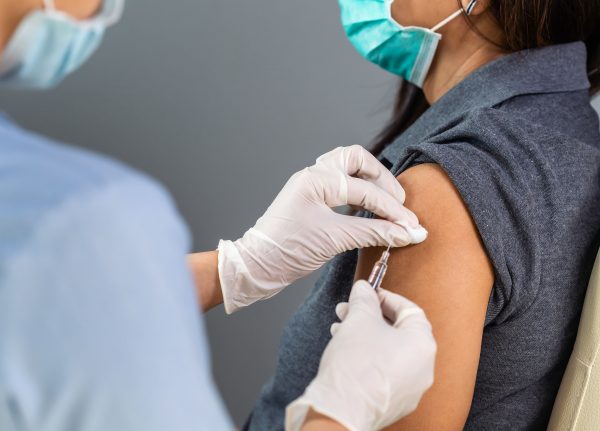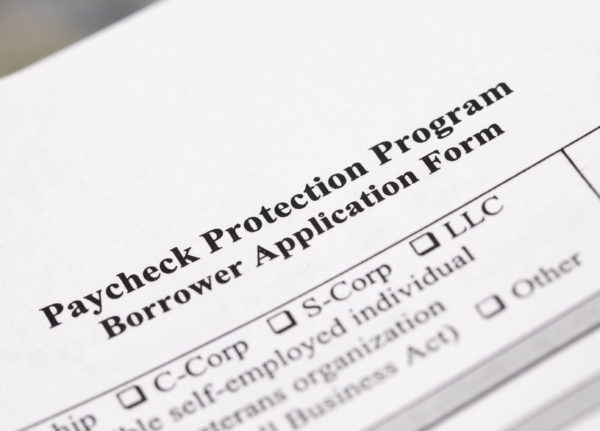As of this writing, many public health experts are cautiously optimistic that cases, hospitalizations and deaths related to COVID-19 will continue to trend downward or at least remain at manageable levels in most areas. The United States might finally be moving from pandemic to endemic. This means that many employers can, at long last, greenlight […]
Starting in fiscal year 2022, all entities — except nonprofit organizations in the scope of Topic 958, Not-for-Profit Entities, and employee benefit plans — must provide detailed disclosures about government assistance. Here are the details of the new rules. Defining government assistance The term “government assistance” may refer to perks and other incentives policymakers provide to lure […]
On February 4, the Department of Labor, IRS and Department of Health and Human Services issued additional frequently asked question (FAQ) guidance addressing the terms and conditions under which group health plans must cover over-the-counter (OTC) COVID-19 diagnostic tests. The FAQs build on earlier guidance (FAQs Part 51) that established, during the COVID-19 public health emergency, group […]
As the new year approaches, the future of the Build Back Better Act (BBBA) — and the strength of the economic recovery — remains uncertain. One thing that’s not uncertain when it comes to your business is the impending deadline to apply for COVID-19 Economic Injury Disaster Loan (EIDL) funding, some of which needn’t be […]
The U.S. Equal Employment Opportunity Commission (EEOC) recently updated its guidance on employer incentives related to encouraging employees (and their family members) to get vaccinated against COVID-19. In a Q&A format, the guidance addresses compliance issues under the Americans with Disabilities Act (ADA), the Genetic Information Nondiscrimination Act (GINA) and other federal employment nondiscrimination laws. […]
In Notice 2021-42, the IRS recently extended earlier guidance on employer leave-sharing programs that aid those most adversely affected by the COVID-19 pandemic. If your organization is currently administering such a program, or might want to consider doing so, here’s a brief review of the concept and rules. Under a leave-sharing program, employees can elect to […]
In News Release 2021-160, the IRS recently made an important announcement related to COVID-19 vaccinations. That is, wages paid for leave taken to accompany someone who’s getting vaccinated, or to care for someone recovering from a vaccination, may be considered: Qualified family leave wages for purposes of the qualified family leave wages tax credit, and Qualified […]
In Notice 2021-46, the IRS recently issued additional guidance on the COBRA premium assistance provisions of the American Rescue Plan Act (ARPA). Under the ARPA, a 100% COBRA premium subsidy and additional COBRA enrollment rights are available to certain assistance eligible individuals (AEIs) during the period beginning on April 1, 2021, and ending on September […]
Many of the relief measures passed by the federal government during the opening chapters of the COVID-19 pandemic are still relevant to employers. For example, under the CARES Act, you could defer payment of your share of Social Security taxes from March 27, 2020, through December 31, 2020. If you opted for this relief, you must pay […]
The IRS has published new guidance on the Employee Retention Credit (ERC). The credit was created in March 2020 to encourage employers to keep their workforces intact during the COVID-19 pandemic. Notice 2021-49 addresses various issues, particularly those related to the extension of the credit through 2021 by the American Rescue Plan Act (ARPA). The […]
The Small Business Administration (SBA) has released new guidance intended to expedite the forgiveness process for certain borrowers under the Paycheck Protection Program (PPP). The simplified process generally is available for loans of $150,000 or less, which the SBA reports account for 93% of outstanding PPP loans. The guidance comes at a time when many […]
A critical deadline is approaching for many of the businesses that have received loans under the Paycheck Protection Program (PPP), which was created in March 2020 by the CARES Act. If these borrowers don’t take action before the deadline expires, their loans will become standard loans, and the borrowers could be responsible for repaying the […]












